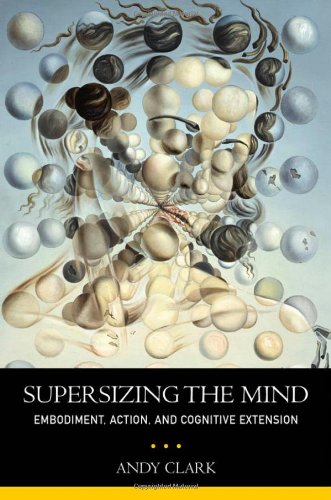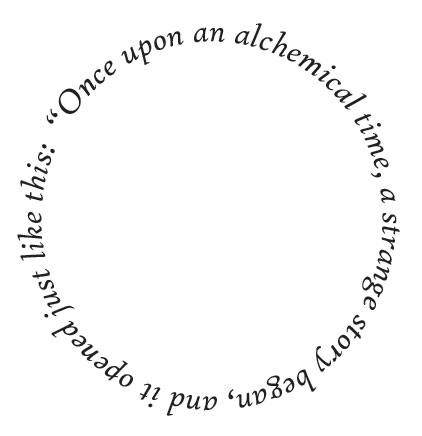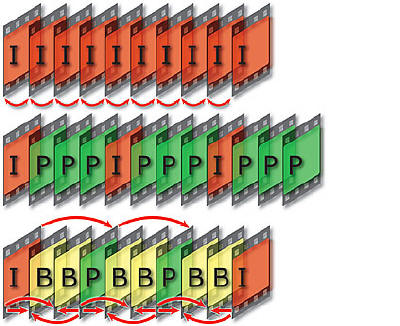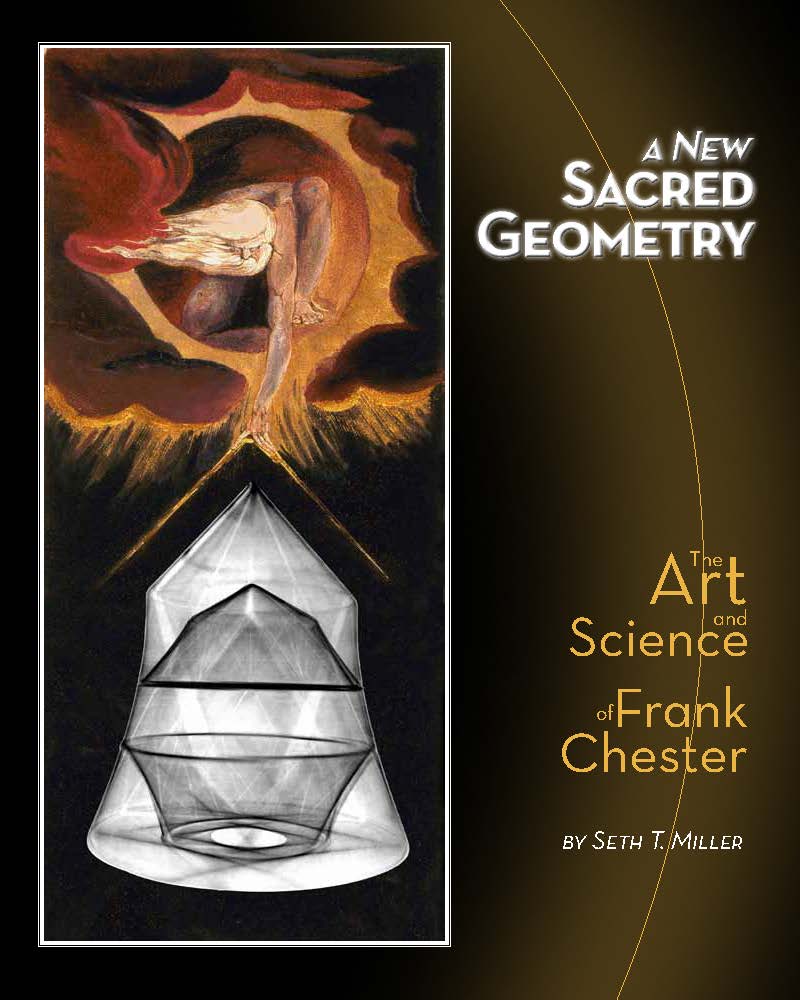Aug
23
2011
(New readers will want to start with the first installment.)
We ended the last installment noting that the first distinction must be of distinction, but this must be considered as a complex, recursive creation and simultaneous crossing of a boundary that is just precisely the boundary between that very activity of its creation and the fact...
Aug
16
2011
(New readers will want to start with the first installment.)
Let us continue our beginning:
LoF p. 1
We take as given the idea of distinction and the idea of indication, and that we cannot make an indication without drawing a distinction. We take, therefore, the form of distinction for the form.
If this doesn't strike you as having a "mystical"...
Aug
09
2011
(A full PDF of this article can be had here.)
George Spencer Brown (in his spirit, I would like to say: "Let George Spencer Brown = GSB"), a logician, engineer, and teacher, wrote a curious little book called Laws of Form, that inspired countless interesting people of widely varying backgrounds. The book is not a...
Jul
23
2011
There is a necessary recursion at the very heart of epistemology. Epistemology can never be founded upon a principle of linearity, where thinking traces its origin to something that lies before thinking, and somehow emerges or grows out of it, because the very existence of this "before", whatever its nature, must always be assumed...
Apr
18
2011
Every moment of transformation enacts an epistemology. Part of what it means to be human is to have the potential to awaken to this fact, and more: to recognize that the recognition of the inescapable relation between action and epistemology leads to the unfolding of a life-long quest and question: how do I know?...
Mar
05
2011
To begin in the middle:
- There is no “it”, but there is talk about “it”. Ultimately the talk about “it”, the pointing to “it”, is more fundamental to “it” than anything else, because it is the RELATIONS that are primary: thingness is a subset of relatedness. Relations are not between two “things” but are...
Sep
11
2010
When Minds Won’t Stay Put:
A Review of Andy Clark’s Book Supersizing the Mind: Embodiment, Action, and Cognitive Extension
by Seth Miller
Ask your neighbor: “If you had to locate your mind, where would you point?” In all likelihood, the overwhelming response will be a finger on the cranium. Ask Andy Clark, a professor of Philosophy in...
Nov
12
2009
Bifurcations are "splits" in the way a system develops from one state to the next. Think of them as two roads diverging in a yellow wood; one leads to some unknown mystery. The other leads to MILKSHAKES (stay tuned).
My understanding is that bifurcations are always relative (did that paradox slip by you?); depending upon...
Oct
30
2009
A fellow student pointed out recently to me that compression algorithms are an excellent way to see feedback at work, and used the example of mpeg2 video compression. Here we have a system that utilizes multiple levels of abstraction and feedback in order to efficiently compress video data.
I will give you a picture or...
Oct
26
2009
First-order Solution:
The problem and the solution share an epistemological context, each helping drive the other.
Second 'phase' (to the right): In this context 'more of the solution' creates 'more of the problem' through a symmetrical relationship. The SAME problem is produced by the SAME solution. No real transformation is forthcoming from within the system, because...













